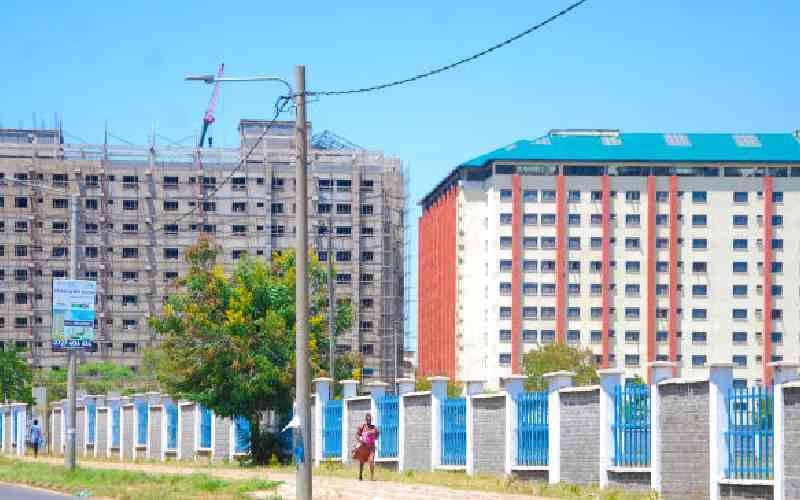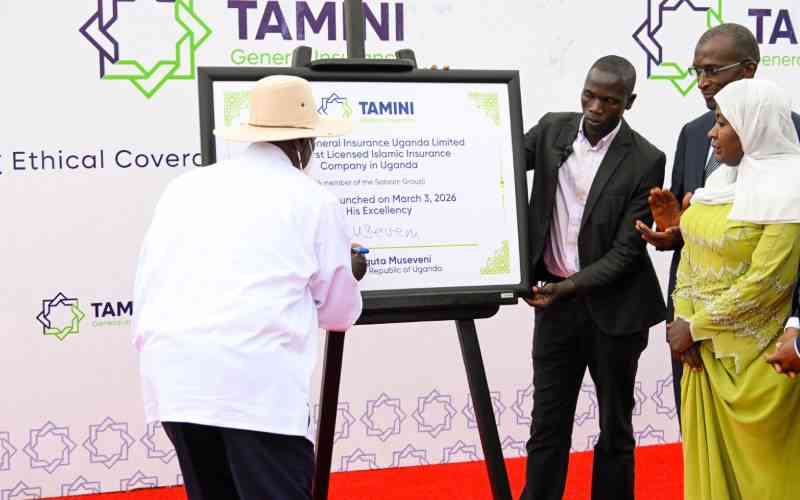×
The Standard e-Paper
Smart Minds Choose Us

Author and journalist MF Moonzajer talked of how you can have dreams when your neighbours have nightmares. But perhaps the more important thing is to turn Moonzajer’s statement into a probing question, “How can you have dreams while your neighbours have nightmares?”







